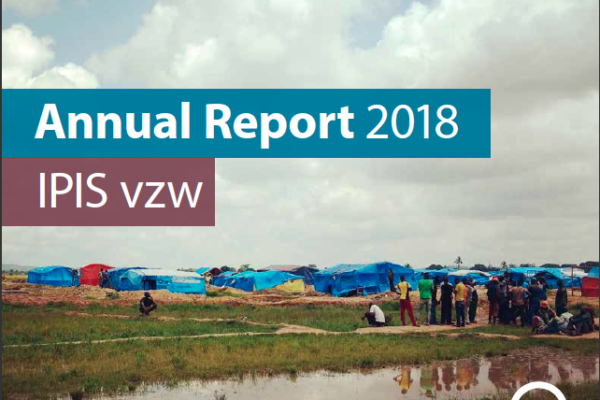
Annual Report 2018
June 27, 2019This 2018 annual report provides an overview of IPIS’ research projects, capacity enhancement and outreach activities throughout last year. IPIS consolidated its work in DRC, Central African Republic and Tanzania and deepened its expertise on mapping, data analysis and research on conflict drivers, natural resources, Business & Human Rights and arms trade. IPIS worked closely with civil societ
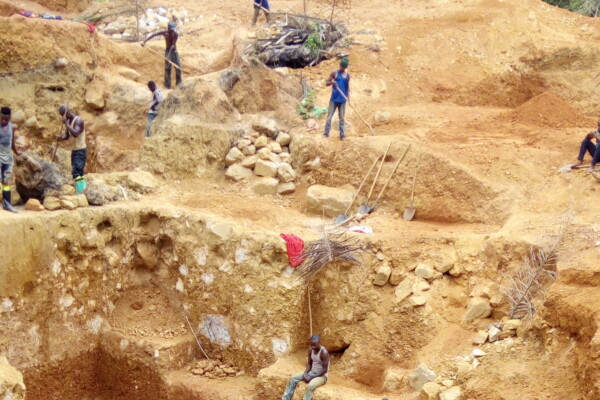
Assessing the impact of due diligence programmes in Eastern DRC: A baseline study
April 24, 2019Over the past decade, various legislative and due diligence programmes (DDP) have been developed to improve mining communities’ livelihoods and reduce human rights abuses in conflict affected and high- risk areas, with a special focus on the African Great Lakes region. Despite significant growth and investments in minerals certification and traceability schemes, data on the impact of due diligence
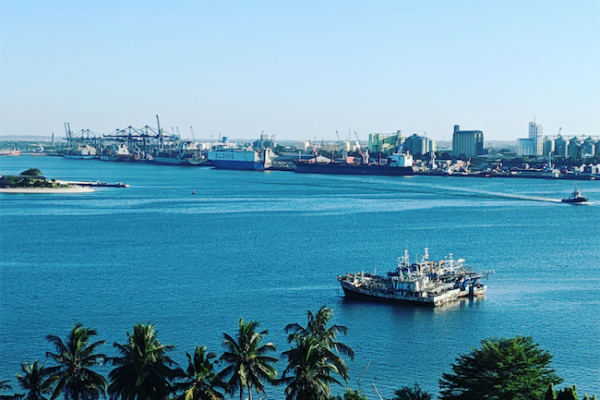
Voices from Tanzania – case studies on Business and Human Rights (vol. 1)
April 24, 2019“Voices from Tanzania – case studies on Business and Human Rights (Volume 1)” presents five studies on pertinent corporate human rights issues in Tanzania as conducted by Business and Human Rights Tanzania (BHRT), the Commission for Human Rights and Good Governance (CHRAGG), Governance Links Tanzania, the Legal and Human Rights Centre (LHRC) and IPIS’ project manager in Tanzania. The case studies
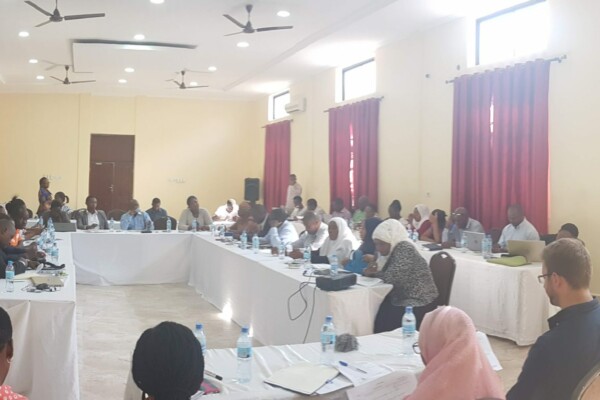
Report on the first Multi-Stakeholder Meeting on Business and Human Rights in Tanzania
March 21, 2019This report presents a summary of the outcomes of the conference titled “Multi Stakeholder Conference on Business and Human Rights in Tanzania” which was held in Dodoma, Tanzania on the 21st of March 2019, at Royal Village Hotel. The conference was part of the project “Improving, monitoring, research and dialogue on business and human rights in Tanzania”, which aims at building local and national
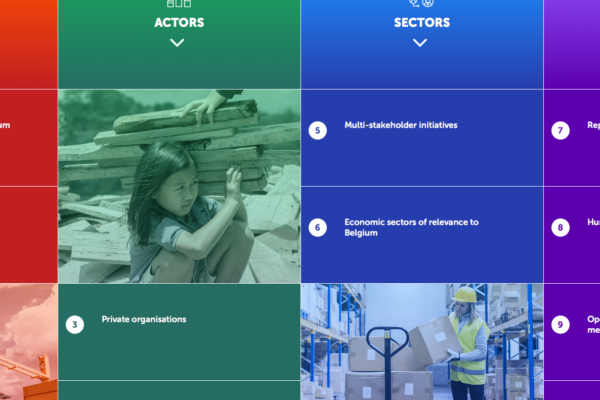
Toolbox for Business and Human Rights
January 25, 2019On the 70th anniversary of the Universal Declaration of Human Rights, the Federal Institute for Sustainable Development (FIDO/IFDD) has launched the Toolbox Human Rights. This toolbox bundles the most important human rights conventions and regulations into one comprehensive website. This website aims to help companies, organisations and their stakeholders to easily align their policies/practices i
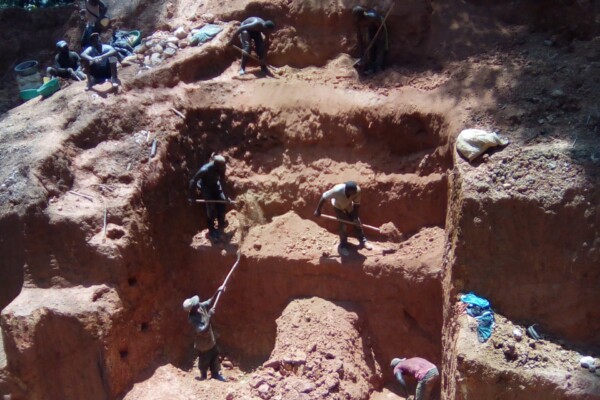
Annual Report 2017
August 21, 2018In its 2017 annual report, IPIS gives an overview of its research projects and activities. It covers the four research programmes that IPIS focusses on: natural resources, arms trade, conflict mapping and business and human rights. IPIS explains among others its mapping work of artisanal mining sites in the Democratic Republic of Congo, its work on Human Rights in mining in Northwest Tanzania an
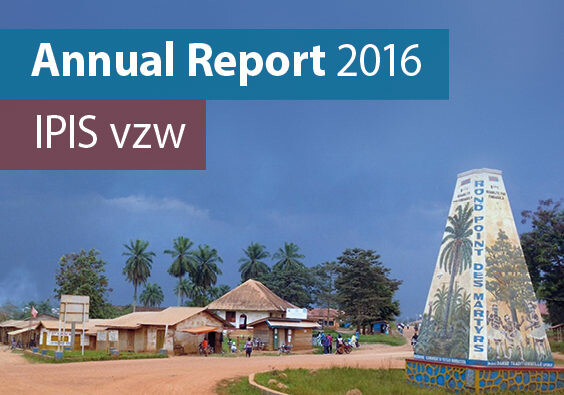
Annual report 2016
June 23, 2017In its 2016 annual report, IPIS gives an overview of its research projects and activities. It covers the four research programmes that IPIS focusses on: natural resources, arms trade, conflict mapping and business and human rights. In 2016, IPIS continued to be a rally point for hard to get data on natural resources, often visualised in maps. Our flagship map for 2016 is the interactive map of art
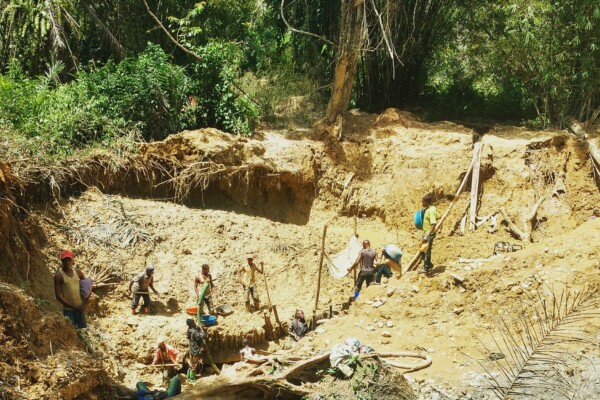
Artisanal Gold Monitoring Pilot – Progress reports
June 20, 2017With the support of the Public Private Alliance for Responsible Minerals Trade (PPA), IPIS set up its Artisanal Gold Monitoring Pilot in Mambasa (Ituri Province, DRC) between April 2016 and July 2017. The findings of the research are summarized in three progress reports, which can be found below, and a final monitoring report, which can be found here. Progress report August – September 2016
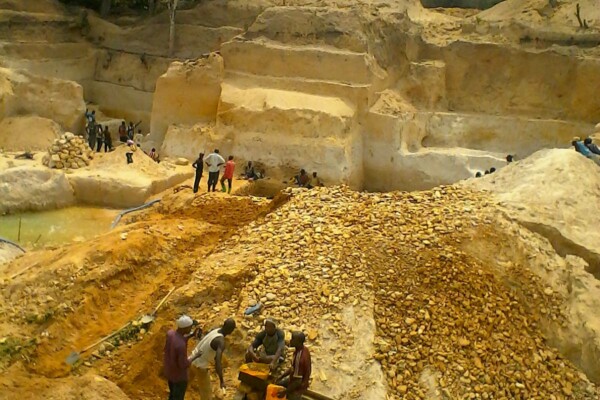
Annual Report 2015
August 31, 2016Download pdf or open with issuu reader http://issuu.com/ipisresearch/docs/2016_10_10_ipis_jaarverslag_2015_20
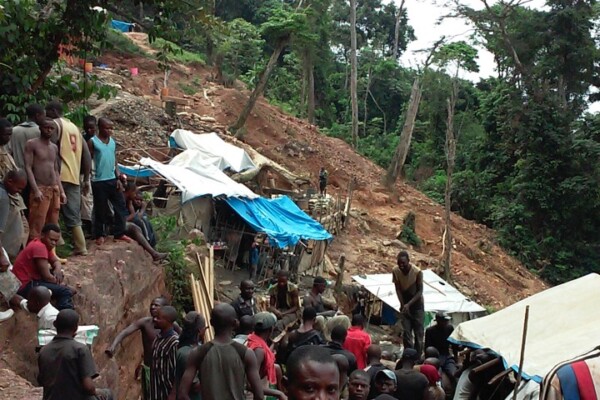
Third Party Review of the Bisie Security Report
July 19, 2016The so-called ‘Bisie Mineral Stock’ encompasses about 1,000 tons of cassiterite, extracted by artisanal miners at Bisie mines between November 2010 and June 2015. A number of bans on mining and mineral trade in this region, as well as some hesitance further down the supply chain to buy untagged minerals, meant that mineral production was not marketed, but stored in warehouses. From 2014 onwards, n

Coloured gemstones in eastern DRC: Tourmaline exploitation and trade in the Kivus
May 11, 2016Responsible sourcing efforts in the Democratic Republic of Congo (DRC) to date have focused predominantly on the so-called 3TG (tin, tungsten, tantalum and gold) sector. Nevertheless, the artisanal exploitation of other minerals including semi-precious gemstones, such as tourmaline, can also make notable contributions to local livelihoods […]
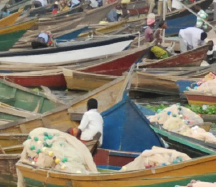
Business, Human Rights and Uganda’s oil. Part III: Respect and Remedy: Implementing corporate responsibility under the UN Framework on Business and Human Rights
December 31, 2015The following is the third in a series of four reports exploring business and human rights issues in Uganda’s oil sector. This series is a collaboration between IPIS vzw and ActionAid Uganda. The 2011 UN Guiding Principles on Business and Human Rights operationalise the 2008 Protect, Respect and Remedy Framework. In accordance herewith, this third report assesses the duty of businesses to respect

Thorns amongst the roses. A Cross-country analysis of human rights issues in flower farms in East Africa
December 31, 2015Floriculture is one of Africa’s most lucrative export sectors and can bring significant benefits to producer communities, but only where operations are conducted in a manner that is sustainable and respectful of the rights of workers and communities. Thorns Amongst the Roses summarises the human rights impacts that the International Peace Information Service (IPIS), the Global Horticultural Worker
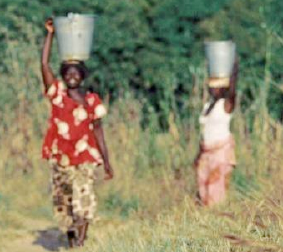
The Right to Water and Sanitation: A Practical Guide
June 1, 2015This guide is designed to raise awareness on the importance of the right to water and sanitation. It is addressed to those who work at the grassroots, and aims at helping them with practical ways to address the challenges of poverty and water issues. The guide adopts a bottom-up approach to highlight the steps that citizens and communities can take together with governments to address water and sa
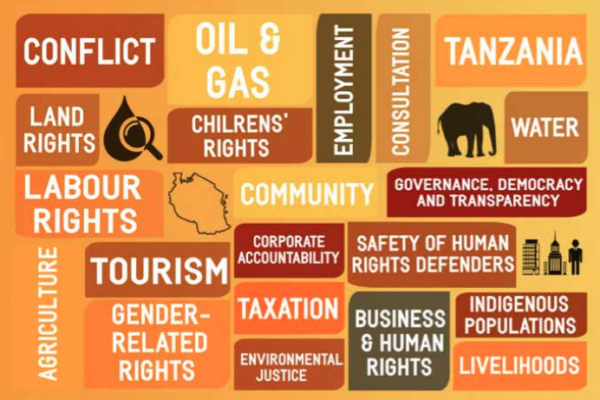
Business & Human Rights in Tanzania: what’s on the agenda?
March 26, 2015On 18 and 19 August 2014, IPIS organised a workshop on Business and Human Rights in close cooperation with the Tanzanian national human rights institution, the Commission for Human Rights and Good Governance. The workshop, which took place in Dar es Salaam, was designed and facilitated by IPIS researchers, Anna Bulzomi and Gabriella Wass, together with Business & Human Rights Resource Centre r
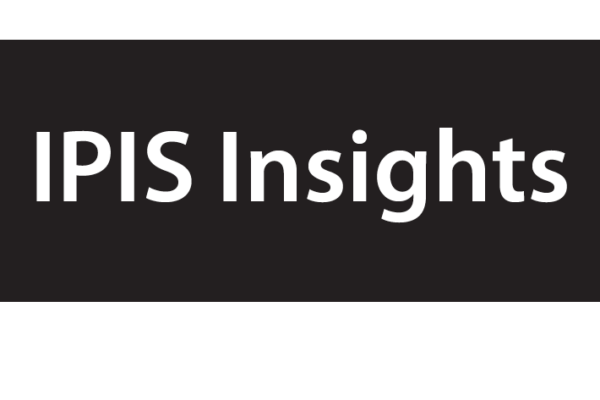
IPIS Insights: Diamonds in the Central African Republic
December 22, 2014Since May 2013 the Central African Republic has been suspended from the Kimberly Process (KP) – a measure maintained by the mechanism’s annual plenary in Guangzhou, China, this November. The CAR’s transitional authorities have been seeking at least a partial lifting of this export ban so that the country might benefit from the much needed revenues its diamonds can generate.1 However, the authoriti
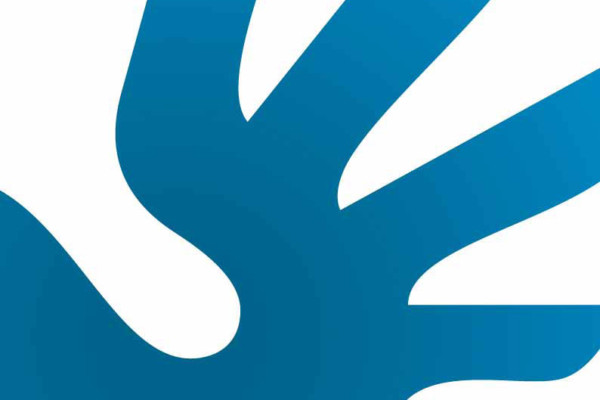
The Adverse Human Rights Risks and Impacts of European Companies: Getting a glimpse of the picture
October 20, 2014This report presents the findings of a study undertaken by IPIS and commissioned by the European Coalition for Corporate Justice on the extent to which European companies are identified in concerns about adverse human rights risks and impacts. Gathering concerns raised regarding the human rights risks and impacts of companies listed on the UK’s FTSE 100, France’s CAC 40 and the German DAX 30, the

Working paper on China North Industries Group Corporation
October 14, 2014The International Peace Information Service (IPIS) and the Omega Research Foundation (Omega) have undertaken a comprehensive review of one of China’s largest state-owned companies. Norinco – known formally as China North Industries Group Corporation (CNGC) was established in 1999 and consists of at least 46 member units which then have several subordinate companies, joint ventures and associate co

IPIS Insights: The EU draft law on conflict minerals due diligence: a critical assessment from a business & human rights standpoint
April 4, 2014On the 5th of March 2014, the European Commission proposed a responsible trading strategy for minerals from conflict zones. The proposal took place within a specific and timely context. As IPIS has long documented, the exploitation of natural resources can have adverse human rights impacts. Businesses operating in conflict-affected or fragile regions should therefore ascertain whether their direct
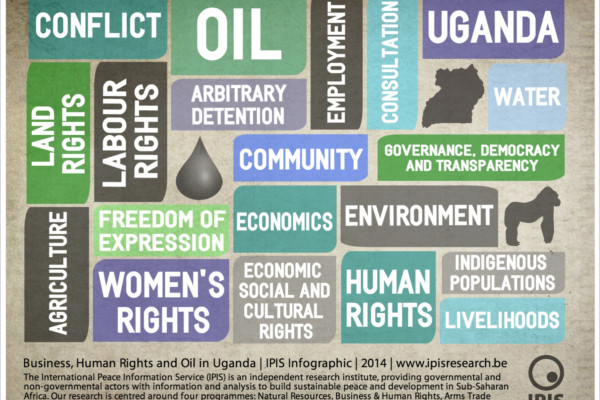
Business & Human Rights in Uganda: What’s on the Agenda?
March 5, 2014A few days after attending the annual UN Forum on Business and Human Rights in Geneva, IPIS Business & Human Rights Analysts Anna Bulzomi and Gabriella Wass boarded a plane to Kampala, Uganda, to run a two-day training with ActionAid Uganda for businesses and NGOs on “What does business & human rights mean, and how can we bring about a healthy relationship between the two?” This document s

